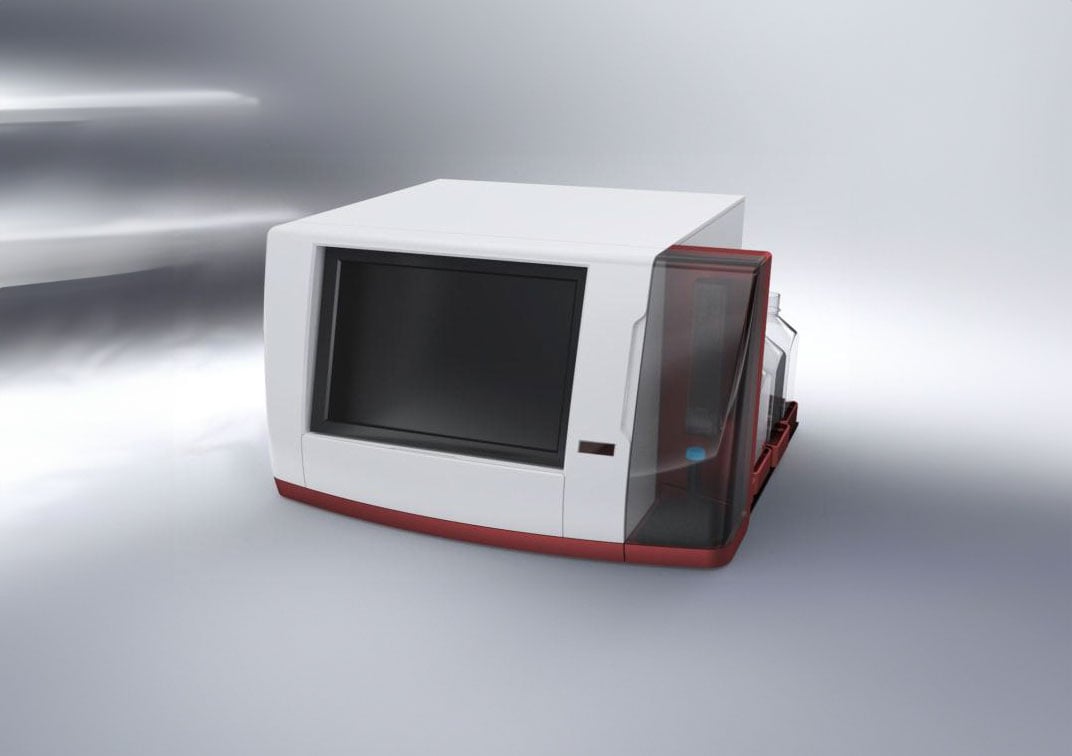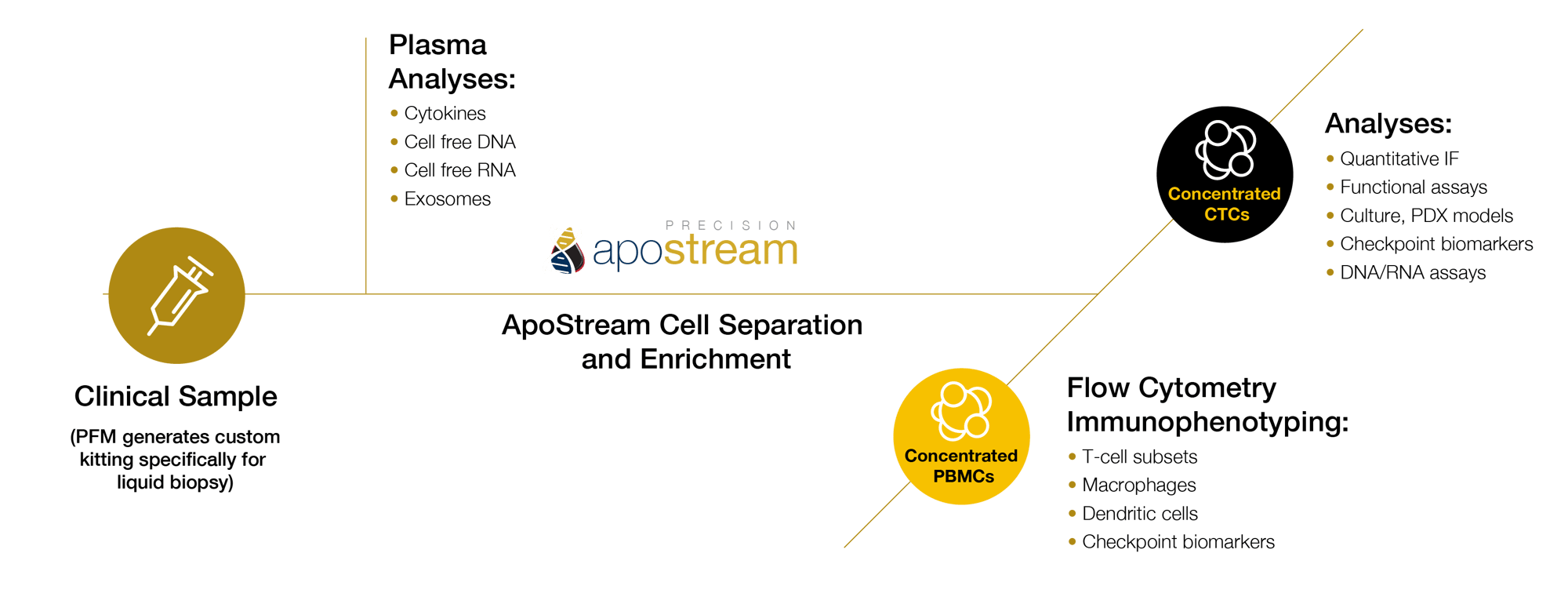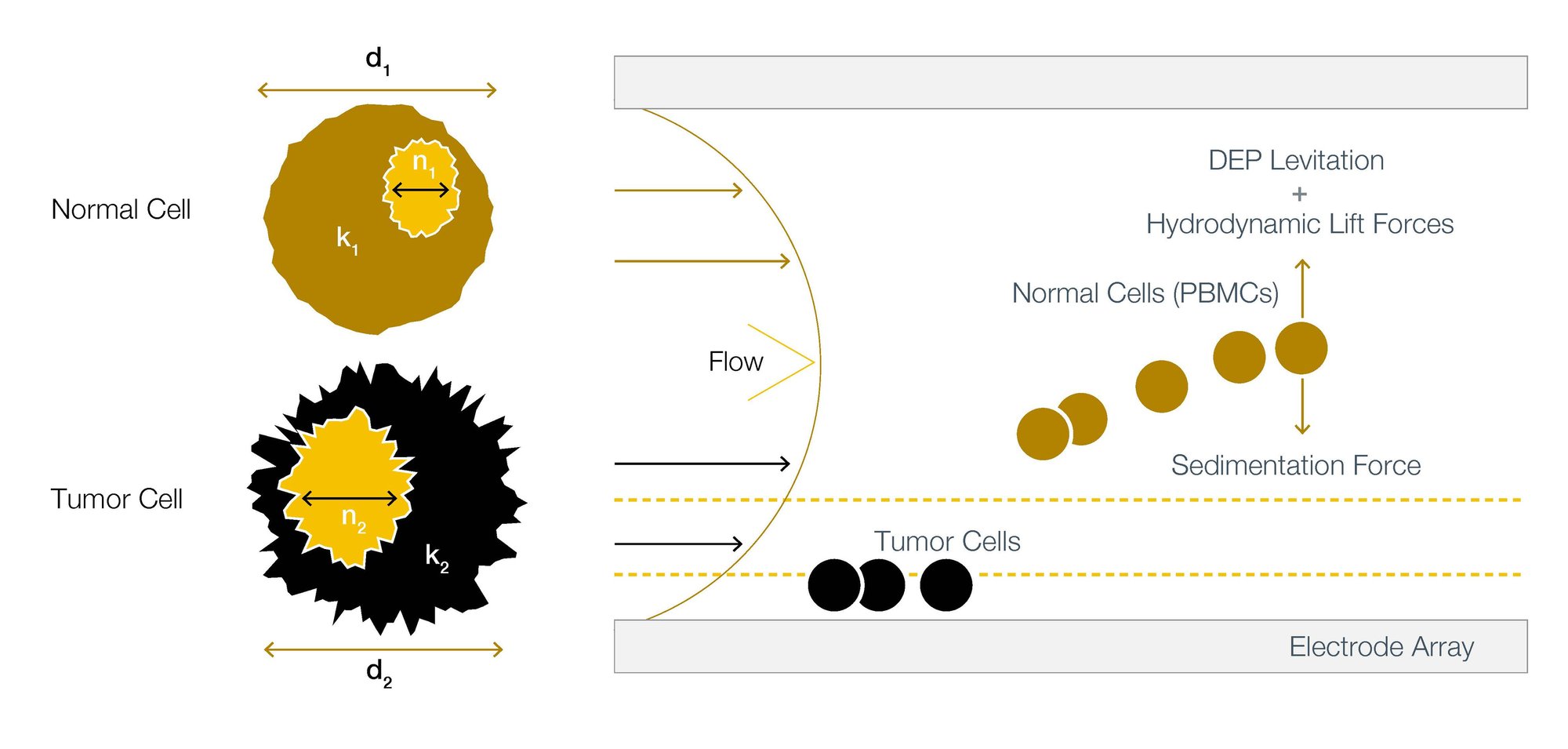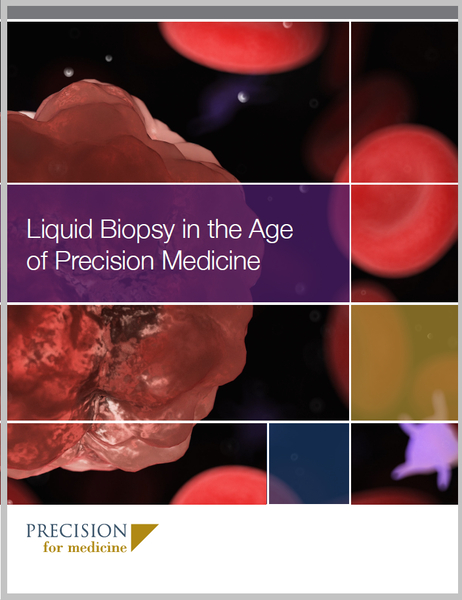

CTC Isolation and Analysis With ApoStream®
Circulating tumor cells (CTCs) are shed by a primary tumor during metastasis and circulate through the blood and lymphatic systems at a very low frequency, about 1 in one billion cells.
When isolated from blood, CTCs are a more accessible source of information about the primary cancer than a surgical biopsy, but finding these rare cells can be challenging. ApoStream® isolates and enriches CTCs, facilitating any type of downstream analysis.

ApoStream® is unique in its approach to rare cell enrichment
ApoStream key benefits
- Antibody-independent target cell capture
- Enriches target cells/particles present in low frequencies from biofluids
- Parameters to control high recovery and high purity
- Small starting volume to continuous infusion
- No binding with target cells during processing
- Minimal cell loss during processing steps
- Compatible with any of our downstream biomarker assays
The ApoStream instrument
Our proprietary ApoStream technology was developed as part of a National Cancer Institute (NCI) initiative to support the development of a rare cell enrichment device for the isolation of circulating tumor cells (CTCs) from whole blood.
ApoStream is the only CTC technology co-developed and co-funded by the NCI and is currently being used by laboratories at the NCI to enable biomarker detection using liquid biopsies for oncology therapeutic development.
Using ApoStream, CTCs can be analyzed in multiple ways, including
Genomic Analysis of Captured CTCs
Precision offers the ApoStream technology as part of our suite of liquid biopsy services. Using ApoStream, we capture CTCs that can then be used in downstream characterization assays such as FISH, ISH, and NGS, including transcriptomics at the single cell level. Using ApoStream technology to isolate CTCs for clinical trials, we have developed cancer type-specific panels for detecting both epithelial and mesenchymal subtypes of CTCs at any timepoint during therapy.
Phenotyping CTCs Using Multiplex Immunofluorescence
One powerful method used for phenotyping CTCs is multiplex immunofluorescence (IF) image analysis. We use prequalified IF panels that can be targeted to a selection of different cancer types to deliver cytology information. Precision is the first group to use mIF to generate this level of CTC characterization information.
ApoStream separation and enrichment allows for multiple assays from a single tube of blood

ApoStream explained
The ApoStream® technology leverages differences in the dielectric properties (polarizability) of any cell to isolate target cells using a process called dielectrophoresis (DEP) field-flow assist. A target cell’s dielectric properties are dependent upon several biophysical characteristics, including:
- Cell diameter and volume
- Surface area of the cell membrane
- Cellular density
- Chromatin density/ratio of nuclear to cytoplasmic volume
- Proteins present within in the cell and cell membrane
- Conductivity

Other ApoStream applications
The ApoStream® technology exploits dissimilarities of different target particles that arise from morphological and electrical properties to be separated in a microfluidic flow channel from any biofluid. ApoStream® can also be used to collect other rare cell types such as stem cells; progenitor and differentiated immune cells, including CAR T cells; and other difficult-to-identify immune cell populations for immuno-oncology applications.
Alternative ApoStream® applications include isolating rare target particles from fluidic sources including infectious disease, bacterial, capsids, fetal cells, regenerative medicine and hematological cancers.
ApoStream technology—capturing cancer cells with positive DEP
We’ve used the ApoStream® technology to capture human CTCs from the blood of donors with advanced and early stage solid tumors including breast, prostate, pancreatic, bladder, and ovarian cancer; sarcoma; head and neck carcinoma; non-small cell lung cancer; hepatocellular carcinoma; and melanoma. Using methods like FISH and NGS, we’ve shown that these isolated CTCs carry genetic aberrations and are viable after collection.
Explore approaches to liquid biopsy, and the clinical utility of liquid biopsy biomarkers
Learn about the opportunities and challenges associated with liquid biopsy and how the technology can be leveraged in all phases of clinical development to support informed decision making.
.jpg?width=2000&name=iStock-1486213181%20(1).jpg)
Global reach, multi-site support
Our ApoStream services support preclinical and clinical research, including multi-site studies, conducted anywhere in the world.
Working with Precision
Precision’s specialty lab scientists take a collaborative and consultative approach to projects and can provide recommendations on biomarker assay strategies and implementation. Services can be provided individually or as part of a comprehensive therapeutic development package including biomarker assays and clinical trials.
Explore related services
-
Explore
Single-Cell Sequencing
ExploreEnd-to-end single-cell sequencing solutions utilizing the 10x Genomics Chromium system and Illumina NGS platform
-
Explore

FISH/ISH
ExploreDevelopment of multiplex FISH/ISH assays to detect abnormalities in a range of tissues, including hematological and solid organ tumors -
Explore

Multiplex Immuno-fluorescence
ExploreAutomated multiplex immunofluorescence services that enable quantitative visualization of up to 9 markers in tissue and liquid biopsies

